How our speech can enhance our relationships?
Balancing sensitivity in speech
The oversensitive consider even a mild observation to be a condemnation, while the insensitive treat even harsh condemnation as a mere observation. The Bhagavad-Gita (17.15) provides valuable guidelines for disciplining our speech so that it can be most effective. These guidelines focus not merely on the content of our speech but on its effect—especially how it is perceived by the listener. Krishna advises that our speech should, at the very least, be non-agitating and, at best, pleasing.
The challenge of sensitivity in communication
What someone finds agitating is not always easy to predict. Just as the same temperature might be perceived as too cold by some and too hot by others, the same words spoken in the same tone may be received gently by one person and harshly by another. This is especially important in close relationships, where understanding the other person’s sensitivity level is key. Without this understanding, our words can have unintended, counterproductive effects—hurting someone even when we don’t mean to.
On the “sensitivity meter,” people fall into two extremes: the oversensitive and the insensitive.
1. Oversensitive individuals: These people perceive even the smallest sense of disapproval—expressed through a change in tone or choice of words—as harsh criticism.
2. Insensitive individuals: These people fail to recognize the emotional impact of their words. Interestingly, the insensitive are often not desensitized.
Insensitivity vs. desensitization
The insensitive often lack awareness of how their words affect others, yet they are not immune to hurtful words when spoken to them. On the other hand, desensitized individuals—like those with an emotional “numbness”—lack the capacity to perceive the emotional dimension of words altogether. Desensitization can occur due to prolonged trauma or emotional injury, akin to a physical wound that leaves one numb to touch.
Desensitized people often do not intend to hurt; they simply lack the awareness of how words can affect others. Over time, we can learn to overlook their behavior, as they don’t mean harm. In contrast, the insensitive are often inconsiderate in one direction—they fail to see how their words hurt others but are quick to feel hurt when others speak harshly to them. The Bhagavad-Gita (16.4) describes such speech as characteristic of the demoniac nature.
Moderating our speech and responses
By observing how our words impact others, we can learn to moderate our speech. When dealing with oversensitive individuals, we need to be careful and gentle in our communication. Conversely, when interacting with insensitive people, we need to develop a thick skin. However, since even a thick skin can only protect us to a limited extent, we may sometimes need to maintain a safe distance from those who habitually speak harshly.
The ideal balance lies in being sensitive without becoming oversensitive. This middle ground allows us to remain aware of the emotional impact of words while ensuring that we neither overreact to others’ speech nor speak harshly ourselves.
Krishna’s example of sensitivity
Krishna demonstrates this balance in the Bhagavad-Gita. When he begins his instructions to Arjuna in 2.11, he first reassures Arjuna: “What you are lamenting for is not worth lamenting.” This is like a doctor gently calming a panicked patient. Similarly, Krishna concludes the Gita with uplifting and encouraging words, urging Arjuna to overcome fear and negativity. By blending reassurance with instruction, Krishna sets a perfect example of sensitive speech.
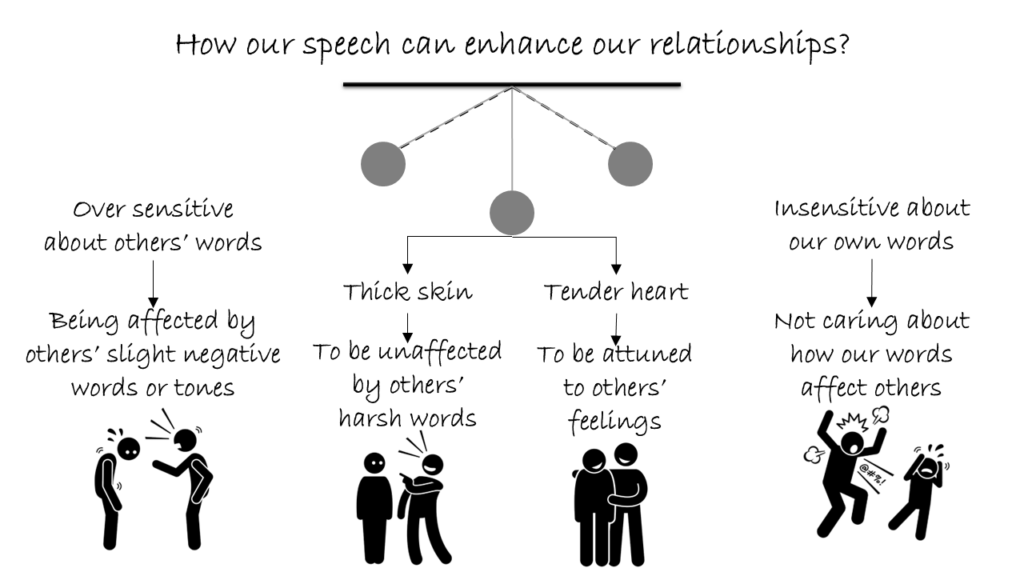
Summary:
- Effective speech requires sensitivity to the emotional dimension of verbal communication.
- On the sensitivity meter, oversensitivity perceives even mild observations as severe criticisms, while insensitivity involves speaking harshly without awareness of the hurt caused.
- The middle ground is to avoid oversensitivity in how we receive words and to prevent insensitivity in how we speak.
Think it over:
- Reflect on an incident when you were oversensitive to someone’s words. What caused this oversensitivity, and how can you address it?
- Recollect a time when you spoke insensitively. What caused this insensitivity, and how can you improve?
- What is the difference between being desensitized and being insensitive? How can you respond to someone who lacks sensitivity without overreacting?
***
17.15 Austerity of speech consists in speaking words that are truthful, pleasing, beneficial, and not agitating to others, and also in regularly reciting Vedic literature.



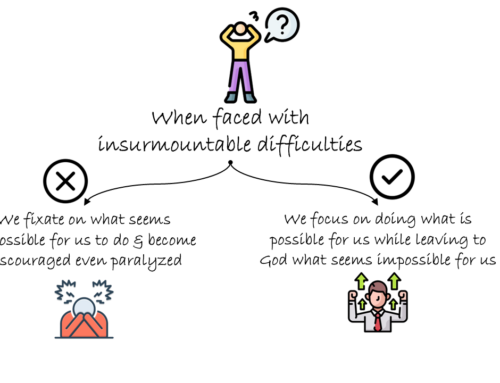



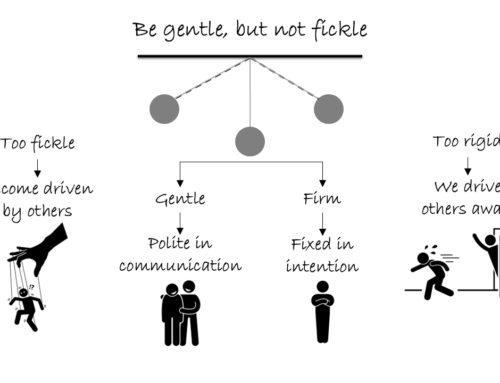
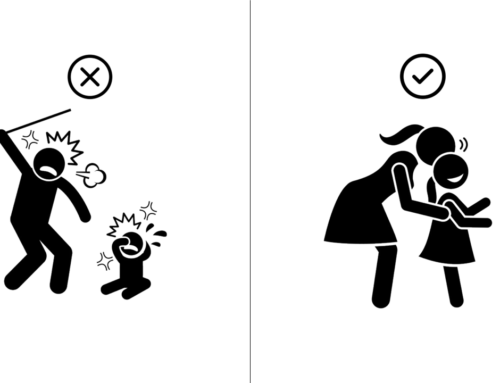


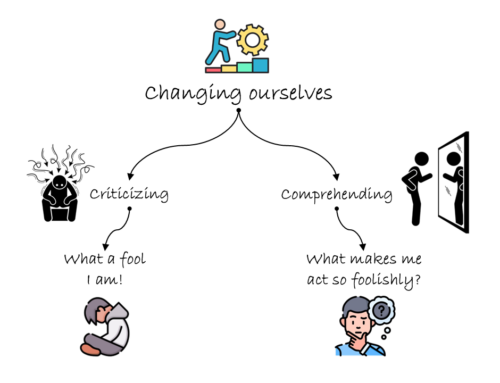
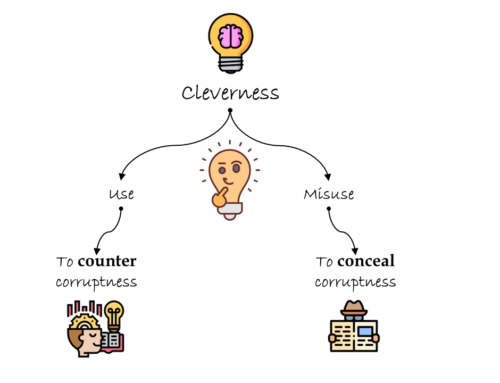
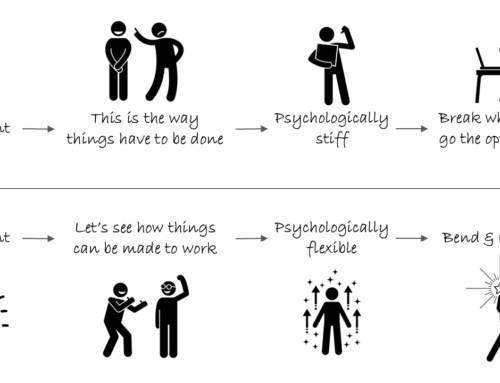
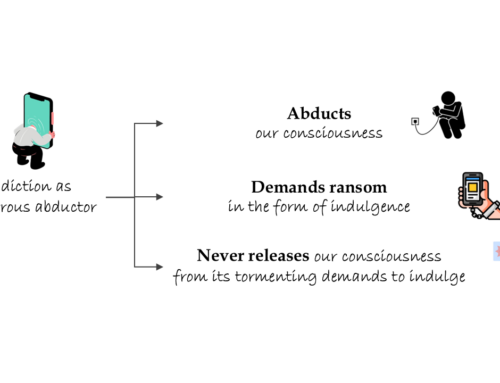

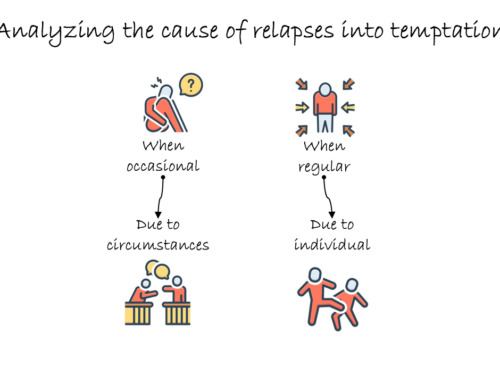

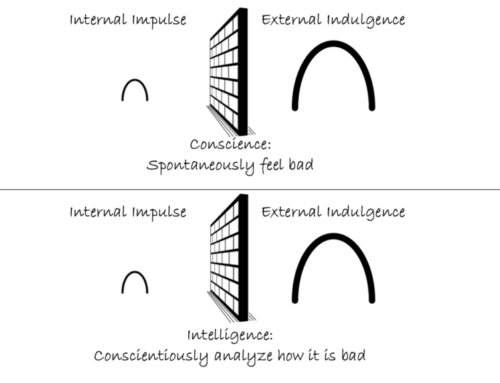
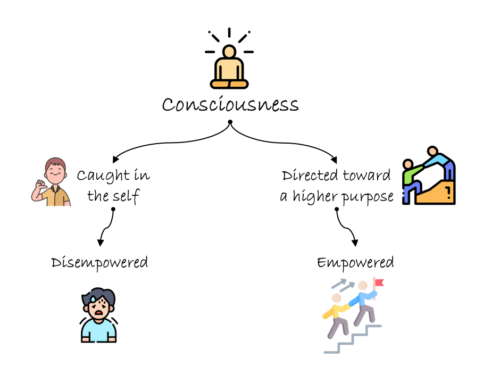
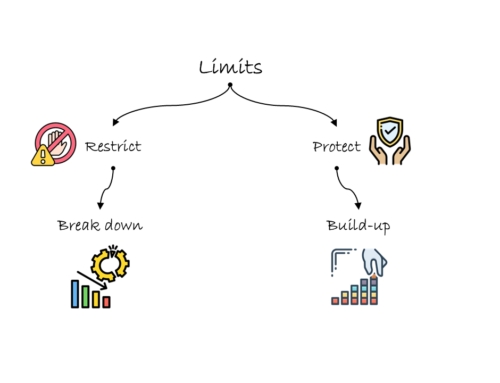
Leave A Comment